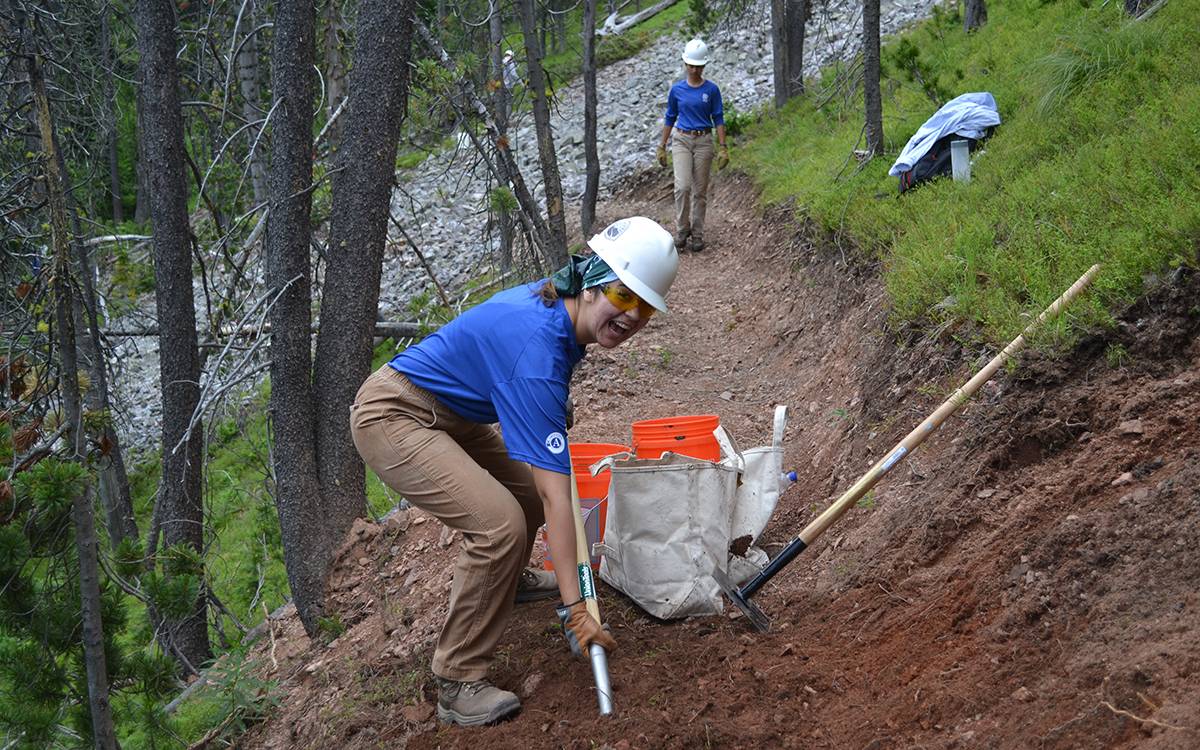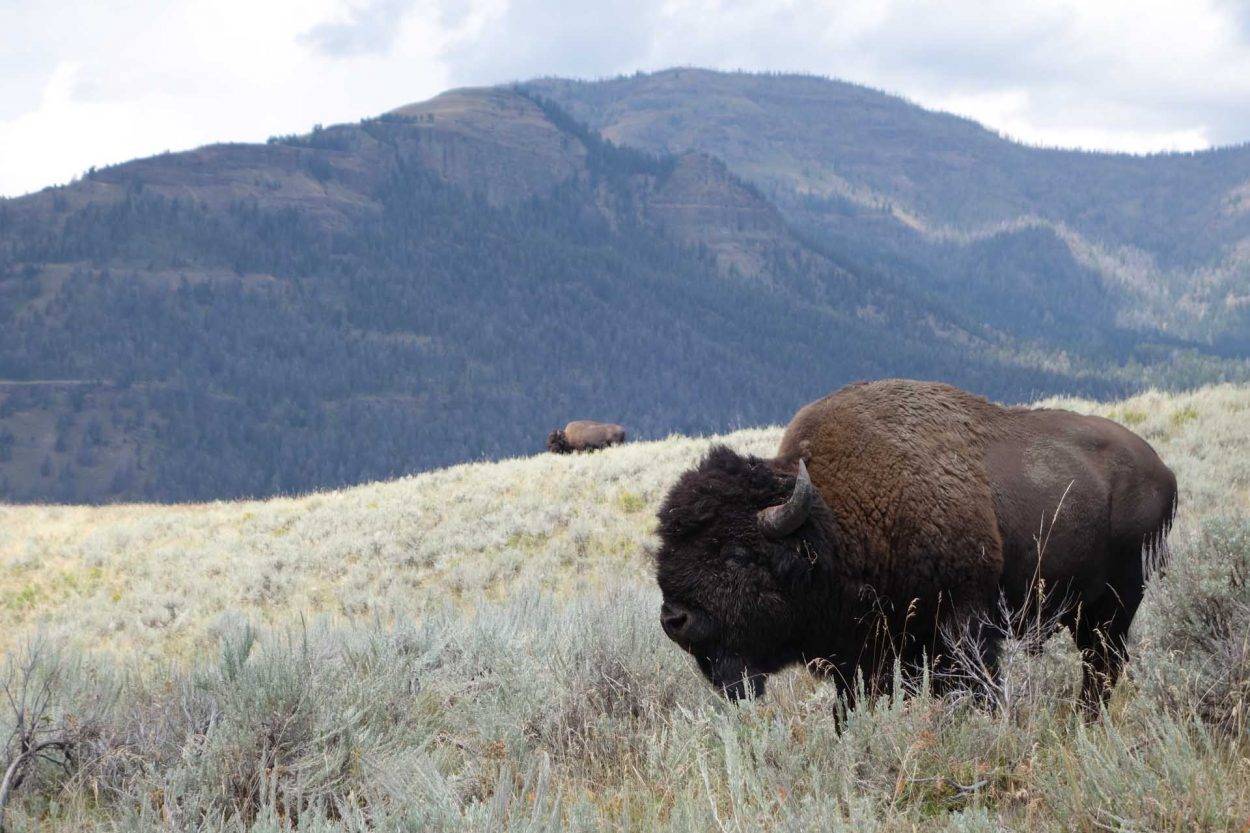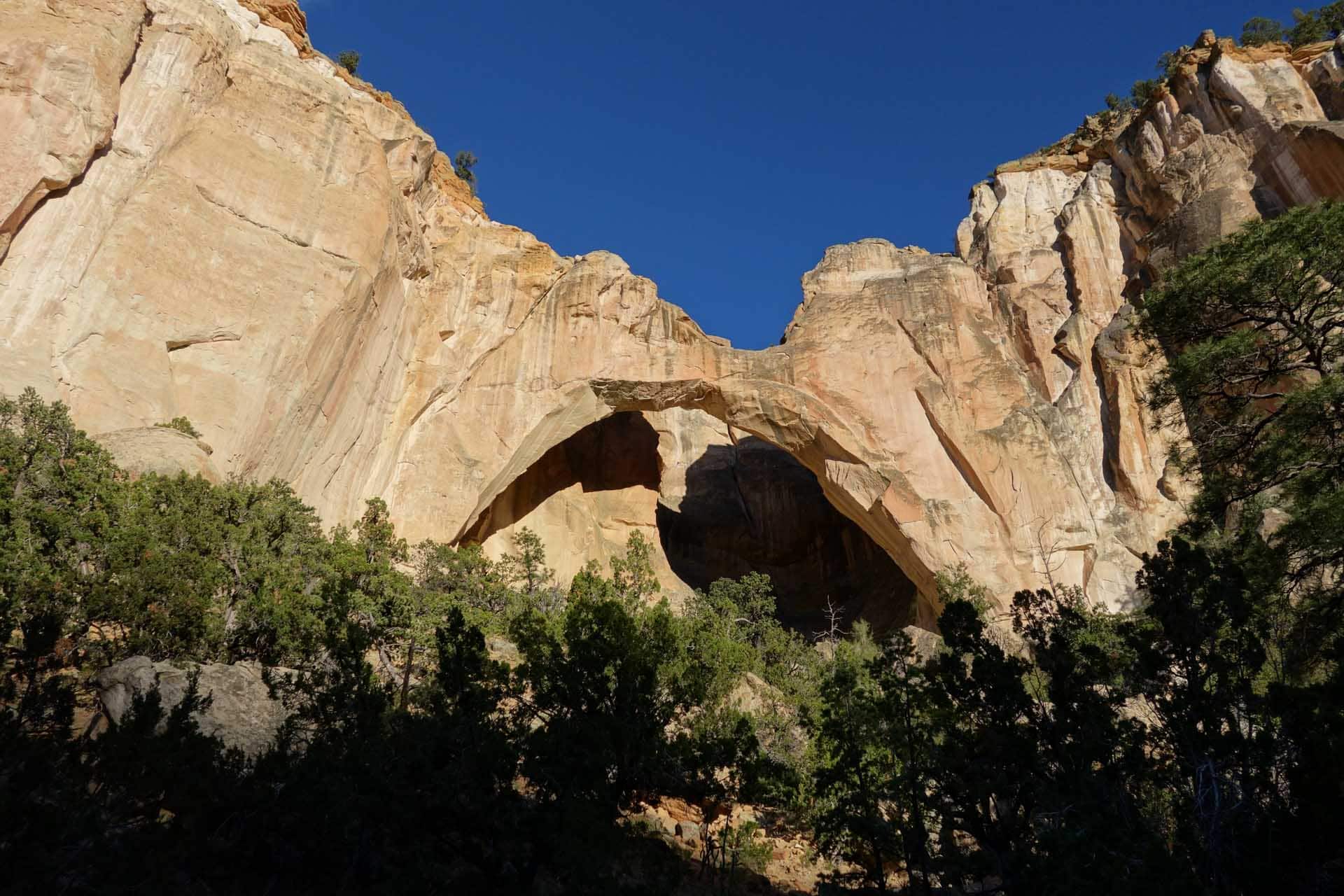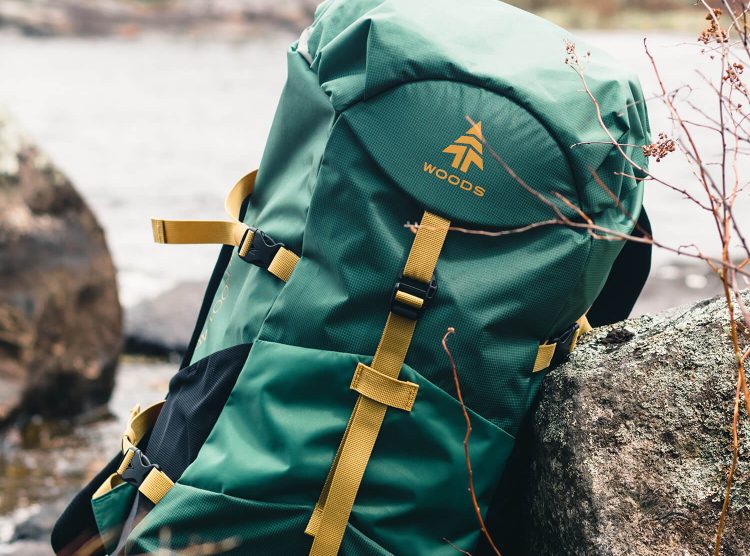About CDTC Projects
CDTC Volunteer Trail Crew Project Overview
Volunteer Management – When CDTC supports or hosts a volunteer project, CDTC handles all volunteer recruitment and on-site training, with assistance from agency partners and/or local partners when applicable. If the project has multiple 501(c)3 partner organizations involved, CDTC will coordinate responsibilities accordingly – meaning we will work with our partners to assist in marketing, volunteer recruitment, leadership, and tools, equipment, or gear. Volunteer registration and communication is typically handled by CDTC staff throughout the field season.
Project Design – When requested (especially in priority gap sections and projects), CDTC’s Trail and Land Conservation Specialist can perform technical project design and planning in consultation or alongside land managers.
Tools and Equipment – CDTC can provide most of the basic trail maintenance tools necessary to complete trail maintenance and construction projects. These include tread, corridor, and rock work tools. If other power tools or specialty tools are required, CDTC may request to coordinate with land managers or a local partner to ensure those tools are available.
Safety and Logistics – CDTC Field Programs staff all hold up-to-date Wilderness First Responder certifications and develop and are familiar with pre-project Emergency Response Plans, communication protocols, and risk assessments and/or Job Hazard Analysis. On-site CDTC staff have all pertinent medical information for the registered volunteers, fully supplied medical kits, and inReach devices (with corresponding CDTC Communication Protocols) in case of emergency. CDTC works with field level staff to refine and agree to an emergency response plan and ensure roles and responsibilities are agreeable and clearly defined as appropriate.
Food and Water – We are not currently utilizing crew chefs on projects due to Covid-19 concerns. Volunteers are reasonable for providing their own food for the duration of the project. CDTC can provide extra water and snacks if needed.
Volunteer Trail Crew Project Proposal Process – CDTC develops applications and proposals for volunteer trail work projects on a rolling basis from a number of sources and also in coordination with the agencies. Project selection is meant to be collaborative and meet the needs of and bring additional capacity to the land manager, local communities, and the Trail itself. Projects can range in technicality from easy to difficult; frontcountry to backcountry; diversity, equity, and inclusion-centric; construction, rehabilitation, or maintenance; or a combination. If time allows, the CDTC, project partner (if applicable), and/or land manager will scout the project to ensure the scope of work is suitable for volunteers and to identify objectives and overview logistics.
Covid-19 – CDTC had successful field seasons with zero cases of Covid-19 transmitted on projects. CDTC implemented strict social distancing, reduced group sizes, mask mandates, and increased hygiene practice.
Volunteer Trail Crew Operations Information CDTC Project Proposal Form
About The CDTC Adopter Program
What is The Continental Divide Trail Coalition’s (CDTC) Adopter Program?
The CDTC Adopter Program brings additional capacity to managing agencies by recruiting, training, supervising, and coordinating volunteers to help maintain the Continental Divide National Scenic Trail (CDT). Working under a volunteer agreement with local CDT units, adopters perform basic trail maintenance tasks. Managing agency personnel determine the scope of work (often times this is drainage clearance, brushing, and trail marking). Adopters help to keep the CDT open and maintained, and can be additional eyes and ears on the ground, to help keep local managers and another partner organizations informed of trail conditions.
Adopter Program Key Points
- This CDTC Adopter Program does not preclude other volunteer and partner organizations from creating their own Adopt-a-Trail style program for the CDT, or from working directly with local units to maintain portions of the official CDT.
- The CDTC Adopter Program is designed to be flexible to meet the needs and comfort levels of the local unit. Local units can work directly with volunteers or have CDTC supervise them. This program can easily be integrated into preexisting volunteer trail maintenance management programs within the unit.
- Close coordination with local CDT land managers is the foundation to this adopter program. Prior to any CDTC volunteer doing work on the ground, CDTC will work with the local unit to identify any specific work needs and specifications, and ensure the volunteers are properly trained and working under a valid volunteer agreement with the local unit.
Prior to any CDTC volunteer doing work on the CDT, CDTC will work with local land managers to
- Identify CDT segments available to be adopted by CDTC volunteers.
- Coordinate on any specific adopter training needs or stipulations given local conditions or resource concerns.
- In partnership with the local unit, develop a group volunteer service agreement (OF301a and OF301b) detailing the work to be done.
- Ensure any required trainings and/or certifications are completed prior to the volunteer beginning work on the ground or as specified in the agreement.
If you are a land manager already part of The CDTC Adopter Program
Adopter Reports – CDTC will send out adopter reports twice a year, in the spring and a detailed end-of-year report in the fall with all the pertinent information and statistics (volunteer hours, feet of trail maintained, etc.)]. You can always reach out to CDTC Staff for theCDTC Adopter Reports for your district with you at any time.
Communications Protocols – CDTC will send out a Communications protocols worksheet to be completed yearly by the land manager. The Communications Protocol Worksheet will outline check in/out protocols for adopters, emergency contacts, and where/how to access tools if applicable. You can find a blank communications protocol worksheet here.
If you are a land manager interested in The CDTC Adopter Program
Below is a detailed document with more information about the details of the CDTC adopter program. If you are interested in starting the CDTC adopter program in your district, please contact Field Programs at [email protected].
About The CDTC Adopter Program CDTC Adopter Map
Resources For Land Managers
Management Toolbox – A web page put together by the Forest Service with a number of handy documents relating to the CDT and its management. It includes documents such as:
- Guiding Documents
- About the National Scenic Trails Act
- The Continental Divide National Scenic Trail Comprehensive Plan (2009)
- Continental Divide Trail Project Funding Archive
- FY21 Projects Selections
- FY20 Projects Selections
- Design Specifications and Manuals
- Continental Divide Trail Marking Guide (2016)
- Optimal Location Review Process for the Continental Divide Trail (2017)
The Management Toolbox is a powerful resource and contains more information and documents than listed above. Click the link below to access the Management Toolbox.
CDT Management Tool Box



